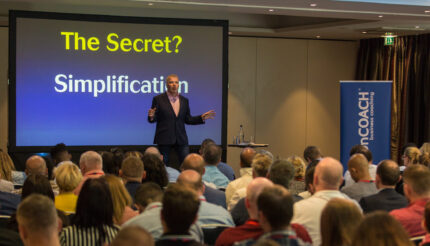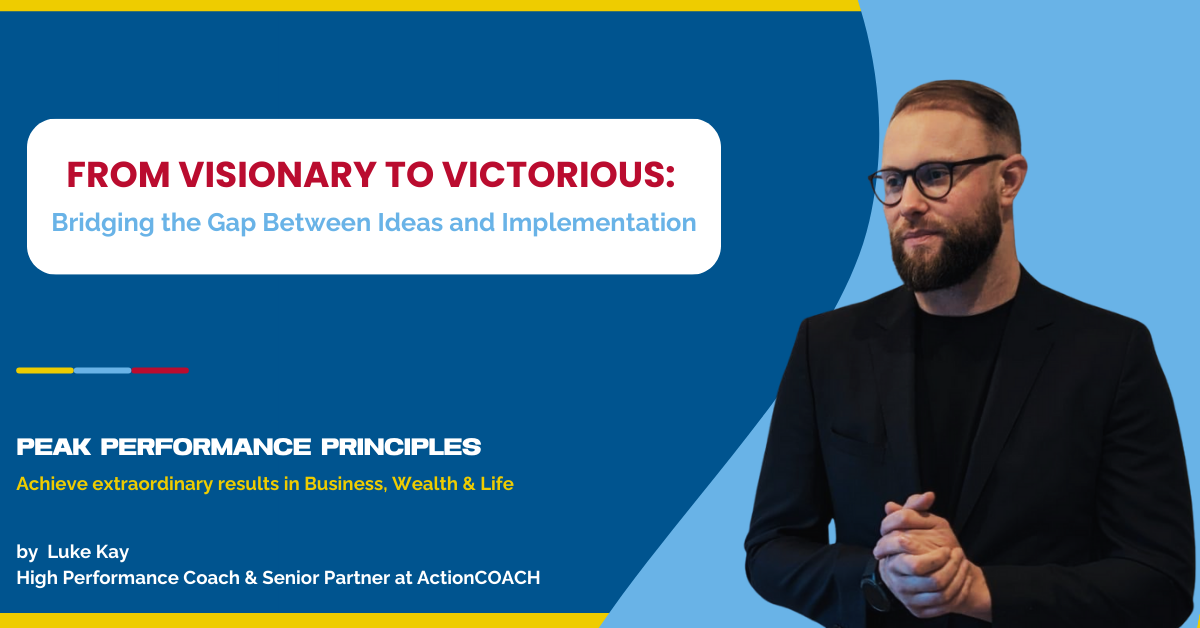
Having a groundbreaking idea, in the fast-paced world of business, is only half the battle. The real challenge lies in turning that vision into reality.
Many leaders find themselves stuck in what I call the “visionary’s valley” – a place where brilliant ideas abound, but execution falls short. Today, we’ll explore how to bridge this critical gap and transform your organisation from merely visionary to truly victorious.
Peak Performance Principle #1: Cultivate a Culture of Strategic Thinking
Strategic thinking isn’t just for the C-suite. To successfully implement visionary ideas, every level of your business needs to understand and contribute to the bigger picture.
Encourage your team to regularly step back from day-to-day operations and consider the long-term implications of their work. Promote an environment where questioning the status quo is not just accepted but expected. This cultural shift can turn your entire workforce into a powerful engine for both generating and implementing innovative ideas.

High Performance Case Study: IBM’s Transformation
When Ginni Rometty took the helm at IBM in 2012, she faced the challenge of steering a tech giant through rapidly changing waters. Her solution? Implementing a company-wide strategic thinking initiative called “Think Academy.”
This program encouraged all 350,000 employees to engage in strategic thinking about IBM’s future. The result was a successful pivot towards cloud computing, AI, and blockchain technologies. By 2019, these strategic growth areas accounted for over 50% of IBM’s revenue, marking a successful transformation driven by company-wide strategic thinking.
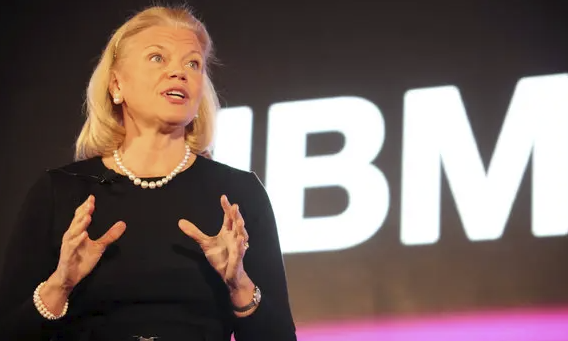
Peak Performance Principle #2: Create an Execution Roadmap
Visionaries often struggle with the nitty-gritty details of implementation. The key is to create a clear, step-by-step execution roadmap that breaks down your grand vision into manageable, actionable steps.
Start by defining clear, measurable objectives. Then, work backwards to identify the key milestones and actions required to achieve these goals. Assign responsibilities, set deadlines, and establish regular check-ins to monitor progress and make necessary adjustments.

High Performance Case Study: SpaceX’s Journey to Space
Elon Musk’s vision of making space travel accessible seemed like science-fiction to many. However, SpaceX’s success lies in its ability to translate this audacious goal into a series of concrete, achievable steps.
SpaceX broke down the challenge into key milestones: developing reusable rockets, reducing launch costs, and eventually, sending humans to space. By focusing on these specific objectives and iterating relentlessly, SpaceX achieved what many thought impossible. In 2020, it became the first private company to send astronauts to the International Space Station, demonstrating the power of a well-executed roadmap.

Peak Performance Principle #3: Align Resources with Priorities
Often, the gap between vision and victory is a matter of misaligned resources. Ensure that your organisation’s time, money, and talent are focused on your most critical strategic initiatives.
Conduct a thorough audit of your current resource allocation. Are your best people working on your most important projects? Is your budget aligned with your strategic priorities? Be prepared to make tough decisions, reallocating resources from less critical areas to those that directly support your vision.

High Performance Case Study: Microsoft’s Cloud-First Strategy
When Satya Nadella became CEO of Microsoft in 2014, he recognised that the company’s future lay in cloud computing. To bridge the gap between this vision and reality, Nadella made bold moves to realign Microsoft’s resources.
He shifted top talent to the Azure team, increased R&D spending on cloud technologies, and even made the controversial decision to offer Microsoft Office on competing platforms to drive adoption of Microsoft’s cloud services. The result? Microsoft’s market cap grew from around +/- £232.9 billion in 2014 to over +/- £1.5 trillion by 2021, largely driven by the success of its cloud business.

Peak Performance Principle #4: Embrace Agile Implementation
In today’s rapidly changing business environment, rigid, long-term plans often become obsolete before they’re fully implemented. The key is to adopt an agile approach to execution that allows for continuous learning and adaptation.
Break your implementation plan into short sprints. At the end of each sprint, assess your progress, gather feedback, and be willing to pivot if necessary. This approach allows you to stay true to your overall vision while remaining flexible in your execution.
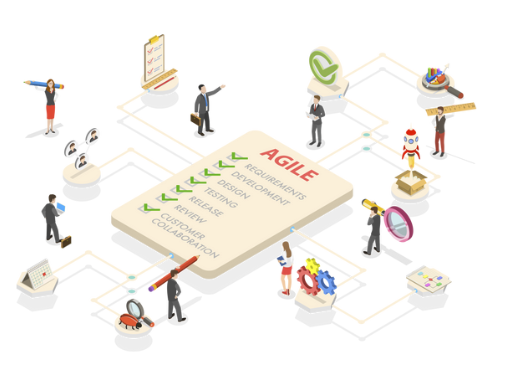
High Performance Case Study: Amazon’s “Day 1” Philosophy
Jeff Bezos’s “Day 1” philosophy at Amazon embodies the principle of agile implementation. This mindset encourages the company to maintain the agility and innovative spirit of a startup, even as it has grown into a global giant.
Amazon’s ability to quickly test and iterate on new ideas has been key to its success. From the introduction of Amazon Prime to the development of Amazon Web Services, the company has shown a remarkable ability to turn visionary ideas into reality through rapid experimentation and adaptation.

Peak Performance Principle #5: Encourage Cross-Functional Collaboration
Silos are the enemy of effective implementation. To bridge the gap between vision and victory, you need to break down barriers between departments and develop a culture of cross-functional collaboration.
Create cross-functional teams for key strategic initiatives. Encourage open communication and idea-sharing across different areas of your organisation. Implement systems and tools that facilitate collaboration and ensure that everyone is working towards the same goals.

High Performance Case Study: Apple’s Product Development Process
Apple’s ability to create revolutionary products is largely due to its unique approach to cross-functional collaboration. Under Steve Jobs, Apple pioneered the concept of “concurrent engineering,” where teams from different disciplines (design, engineering, marketing) work together from the earliest stages of product development.
This approach has allowed Apple to create products that are not only technologically advanced but also beautifully designed and effectively marketed. The iPhone, which revolutionised the smartphone industry, is a prime example of how effective cross-functional collaboration can turn a visionary idea into a world-changing product.
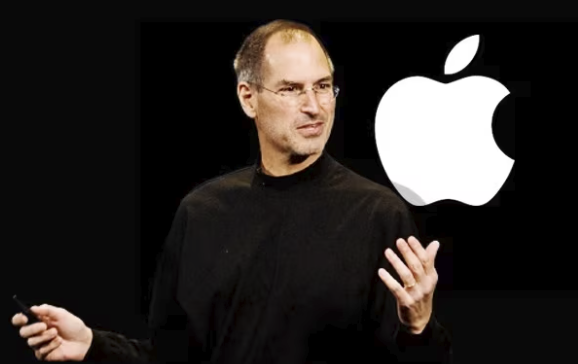
Implementing the Vision-to-Victory Bridge
Bridging the gap between visionary ideas and successful implementation isn’t easy, but it’s essential for any organisation that wants to achieve lasting success. By cultivating strategic thinking, creating clear execution roadmaps, aligning resources with priorities, embracing agile implementation, and encouraging cross-functional collaboration, you can turn your boldest visions into reality.
Remember, the journey from visionary to victorious is ongoing. It requires constant vigilance, adaptation, and a commitment to excellence at every level of your organisation. But with these Peak Performance Principles as your guide, you’ll be well-equipped to turn your most ambitious ideas into tangible success stories.
Do you want to bridge the gap between vision and victory in your organisation? The first step is to assess where you currently stand. Which of these principles do you already excel at, and where do you see room for improvement?
Ready to take your business from visionary to victorious? Book a complimentary Strategy Session with me. We’ll analyse your current approach to implementation and develop a customised plan to turn your boldest ideas into reality.
Don’t let great visions go unrealised – let’s bridge that gap together!
Our Business Growth Services
We have core 4 business growth services;
- Business Growth Academy for Entrepreneurs of 5 & 6 Figure Revenue Businesses who want to build a 7 Figure Revenue Business and join a community of like minded business owners you can connect and grow alongside.
- 1-2-1 Business Coaching for Entrepreneurs for 7 and 8 Figure Businesses who want to build a 7 Figure Profit Business and Generational Wealth.
- 1-2-1 Executive Coaching for Business Leaders of 8, 9 and 10 Figure Organisations who want to become Even Better All Round Business Leaders.
- Strategic Planning for 8, 9 and 10 Figure Organisations that want to embed Strategic Thinking Execution Planning to get clarity and alignment for your Senior Leadership Team and ultimately Add Zeros to Your Organisation.
Still Not Sure?
If you want to find out more about how we can help you or are not sure which programme is best for you and your organisation feel free to book a complimentary discovery call with myself here.
It should only take 15/20 so I can find out a little more about You and Your Organisation and advise on the next steps.
Book Complimentary Discovery Call
Events
We hold events on a monthly basis as part of our Business Growth Academy and 1-2-1 Business Coaching. If you want to attend one of our events for FREE and meet the rest of the entrepreneurs in our business growth community then please feel free to check out our events page or book onto our next Business Growth Academy Event or 90 Day Planning by clicking on our events page here.



